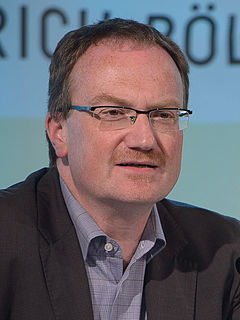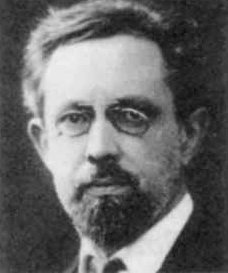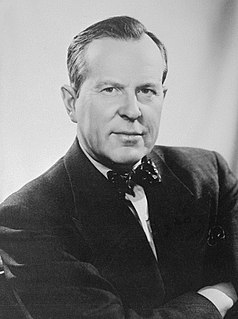A Quote by Ludwig von Mises
The characteristic mark of economic history under capitalism is unceasing economic progress, a steady increase in the quantity of capital goods available, and a continuous trend toward an improvement in the general standard of living.
Related Quotes
What Asia's postwar economic miracle demonstrates is that
capitalism is a path toward economic development that is potentially
available to all countries. No underdeveloped country in the
Third World is disadvantaged simply because it began the growth
process later than Europe, nor are the established industrial powers
capable of blocking the development of a latecomer, provided
that country plays by the rules of economic liberalism.
Do the American voters know that the unprecedented improvement in their standard of living that the last hundred years brought was the result of the steady rise in the per-head quota of capital invested? Do they realize that every measure leading to capital decumulation jeopardizes their prosperity?
As a general rule, man strives to avoid labor. Love for work is not at all an inborn characteristic: it is created by economic pressure and social education. One may even say that man is a fairly lazy animal. It is on this quality, in reality, that is founded to a considerable extent all human progress; because if man did not strive to expend his energy economically, did not seek to receive the largest possible quantity of products in return for a small quantity of energy, there would have been no technical development or social culture.
Capitalism is going to deal itself out of existence, but before it does that, you're gonna pay $50 for a latte, because inflation is going impoverish all of us before people get pissed off enough to realize that all of the last hundred years of economic progress was actually a shell game to create billionaires, while the great masses of people saw their standard of living eroded and destroyed.
Capitalism, the ogre of those protesting Wall Street, has suffered a public relations crisis in the wake of the global economic collapse. But any remedy to the systemic corruption that led to the collapse should not displace recognition that capitalism creates wealth. Capitalism, and no other economic system, has raised millions from poverty around the world.
The most basic inherent constraint is that neither time nor wisdom are free goods available in unlimited quantity. This means that in social processes, as in economic processes, it is not only impossible to attain perfection but irrational to seek perfection- or even to seek the best possible result in each separate instance.
































